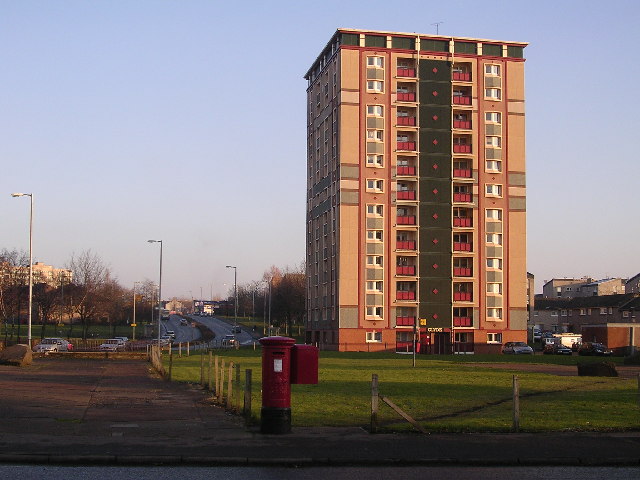‘It’s time to try something new.’
Campaigners are calling for a pilot Universal Basic Income (UBI) scheme to be introduced in Greater Manchester, starting with people experiencing homelessness. They argue the initiative could eradicate absolute poverty in the region.
The proposal is backed by researchers from Northumbria University and UBI Lab, a global network focused on UBI’s potential. The goal is to reduce poverty, tackle unemployment, and improve overall wellbeing, offering financial stability to help individuals turn their lives around.
The pilot would run for over two years and would provide £1,600 a month to each participant, costing £7.68m for 200 recipients.
The proposal was sent to Greater Manchester Mayor Andy Burnham earlier this month. Burnham expressed support for UBI during his 2024 re-election campaign.
The mayor is focused on eliminating homelessness in the region, which has some of the highest rates of rough sleeping in the UK. In 2019, he set up a “Housing First” policy, a preventative approach to homelessness that focuses on wellbeing and long-term solutions.
Alison Hawdale, co-founder of UBI Lab Manchester, described Greater Manchester as an ideal location to test UBI. She said:
“Greater Manchester is a proud and dynamic part of the world, and for hundreds of years its famously creative citizens have shown themselves to be resilient, resourceful and forward-thinking.
“But we have chronic problems around poverty, homelessness, mental health and crime which have not gone away, despite decades of action from local and national government, community groups and business. It’s time to try something new.”
Critics of UBI argue that such an approach is costly and may not improve employment outcomes. But supporters believe it offers a more effective solution than the current welfare system and the potential benefits of UBI are well-documented . The Joseph Rowntree Foundation argues that it could eliminate stress from means-testing and uncertainty over welfare eligibility, while de-stigmatising social security.
UBI pilots tested have been elsewhere and show some success.
Finland’s UBI trial, launched in 2017, found that recipients reported lower rates of depression, loneliness, and mental strain. In Brazil, the distribution of $100 a month to 25 percent of the population has led to the lowest poverty levels in 40 years.
In June 2023, 30 people in Jarrow and East Finchley started receiving £1,600 a month for two years, unconditionally, to study its impact. The Welsh government is conducting a similar study with 500 care leavers, and Scotland has been exploring a minimum income guarantee.
UBI can also offer protection from job insecurity in the gig economy and the rise of automation. With guaranteed income, people could feel more secure in leaving low-wage or unstable jobs.
Research also suggests UBI can improve school attendance. A 2007-2009 pilot in Namibia found that school enrollment nearly doubled, and dropout rates plummeted, as parents could afford the cost of education.
With growing evidence of UBI’s positive impact, advocates argue it’s time to pilot the model in Greater Manchester to help protect the region’s most vulnerable citizens.
Left Foot Forward doesn’t have the backing of big business or billionaires. We rely on the kind and generous support of ordinary people like you.
You can support hard-hitting journalism that holds the right to account, provides a forum for debate among progressives, and covers the stories the rest of the media ignore. Donate today.




